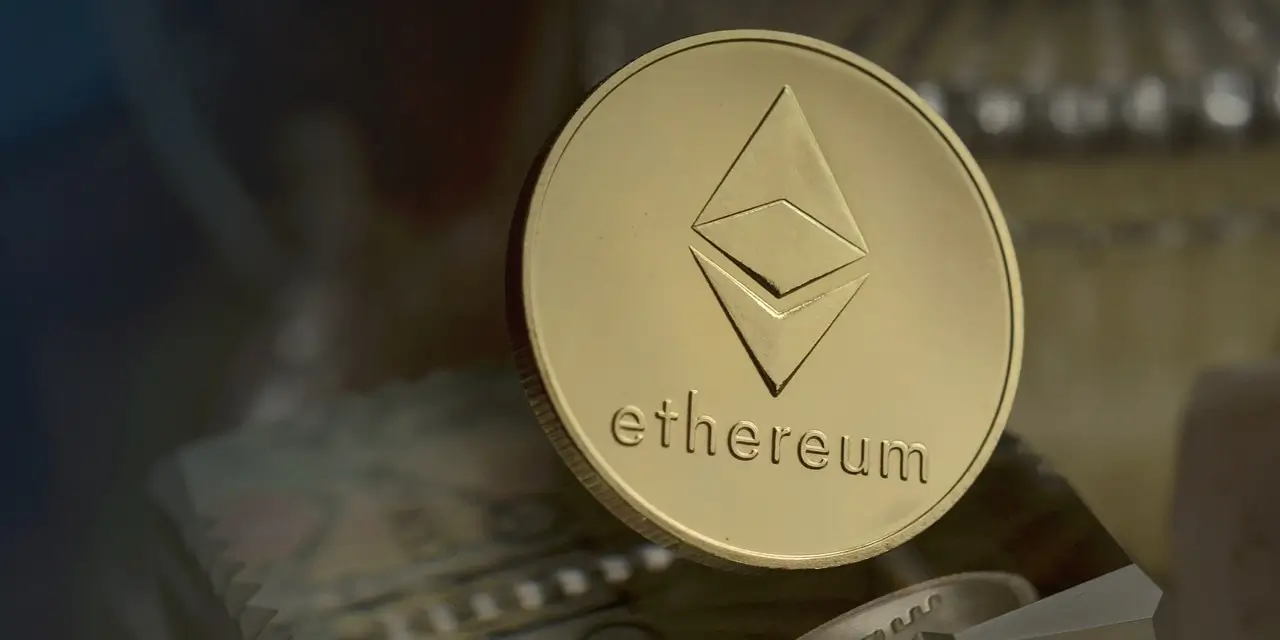Ethereum User Pays $700K in Fees for Zero-Value Transaction
09.10.2024 14:00 1 min. read Alexander Stefanov
An anonymous Ethereum user recently paid an enormous transaction fee of 288 ETH, valued at over $700,000, according to blockchain tracker Whale Alert.
What makes this case even more unusual is that the transaction itself transferred zero ETH to the receiving address, while the entire amount was spent on gas fees.
Typically, high gas fees occur during periods of heavy network congestion or market volatility, but Ethereum’s fees have remained relatively low in 2024, largely due to activity shifting to layer-2 networks after the March Dencun upgrade.
This upgrade significantly reduced gas costs and made fees more predictable, thanks to Ethereum’s revamped fee structure introduced by EIP-1559 in 2021.
While it’s unclear why the user paid such an exorbitant fee for a null transaction, speculation has arisen about whether it was a simple mistake or something more malicious.
According to blockchain expert MevRefund, there’s a possibility the transaction was the result of a hack, with the attacker intentionally burning the stolen ETH by paying an inflated fee.
-
1
Bitcoin Holds Above $100K, But Analyst Sees Trouble Brewing
07.06.2025 17:00 1 min. read -
2
Dogecoin Stuck in a Holding Pattern – Can Bulls Force a Break Above $0.21?
15.06.2025 16:00 2 min. read -
3
Is a New Altcoin Cycle Brewing in 2025?
13.06.2025 12:00 1 min. read -
4
South Korea’s New President Pushes for Domestic Stablecoins
11.06.2025 16:00 2 min. read -
5
Pi Token Squeezes Higher After Brief Collapse—Path to $10 Still Murky
16.06.2025 14:00 1 min. read
First-Ever Staked Crypto ETF Set to Launch in the U.S. This Week
A new milestone in cryptocurrency investment products is set to unfold this Wednesday, as REX Shares prepares to launch the first-ever U.S.-listed staked crypto exchange-traded fund (ETF), according to a company announcement shared on X.
XRP Price Prediction: Can XRP Hit $4 After XRPL EVM Sidechain Launch?
XRP (XRP) has gone up by 1.2% in the past 24 hours but, behind that mild price increase, there has been a significant spike in trading volumes. During this period, $2.4 billion worth of XRP has exchanged hands, representing an 83% increase. Just hours ago, Ripple announced the official launch of its Ethereum-compatible sidechain called […]
Ethereum Launches Onchain Time Capsule to Mark 11th Anniversary in 2026
A community-driven initiative launched Monday is inviting Ethereum users to lock art, memories, and personal messages inside a decentralized “time capsule,” set to be opened on the network’s 11th anniversary next year.
Ethereum Accumulation Surges While U.S. Politics Stir Market Uncertainty
A new CryptoQuant report highlights a growing divergence between long-term Ethereum holders and short-term Bitcoin buyers, with significant accumulation behavior unfolding in both markets amid increasing political and economic tension in the U.S.
-
1
Bitcoin Holds Above $100K, But Analyst Sees Trouble Brewing
07.06.2025 17:00 1 min. read -
2
Dogecoin Stuck in a Holding Pattern – Can Bulls Force a Break Above $0.21?
15.06.2025 16:00 2 min. read -
3
Is a New Altcoin Cycle Brewing in 2025?
13.06.2025 12:00 1 min. read -
4
South Korea’s New President Pushes for Domestic Stablecoins
11.06.2025 16:00 2 min. read -
5
Pi Token Squeezes Higher After Brief Collapse—Path to $10 Still Murky
16.06.2025 14:00 1 min. read


